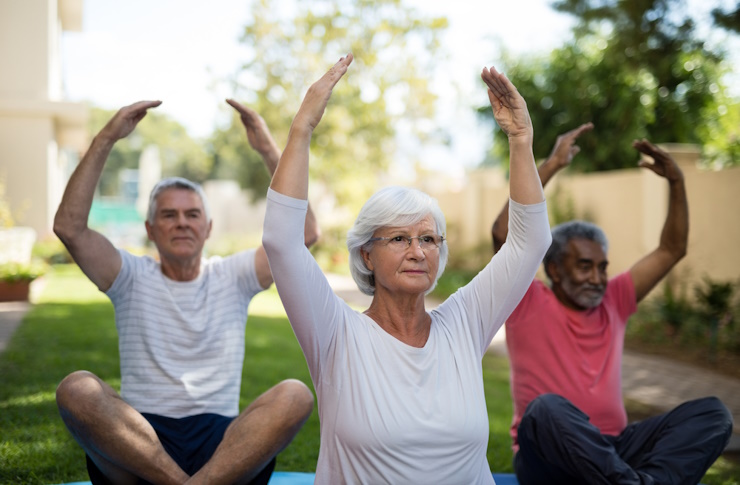Brain Training for Seniors: Supporting Cognitive Function
Brain training refers to structured activities designed to challenge thinking skills such as memory, attention, problem-solving, and processing speed. For seniors, incorporating regular mental exercises into daily routines can complement physical activity, social engagement, and healthy habits that support day-to-day independence. While some programs and apps offer guided practice, simple tasks like puzzles, learning new skills, or group discussions can also engage the brain in meaningful ways and help maintain mental agility over time.

This article is for informational purposes only and should not be considered medical advice. Please consult a qualified healthcare professional for personalized guidance and treatment.
How can brain training help seniors?
For older adults, brain training aims to maintain or strengthen the mental skills needed for everyday tasks. Activities such as memory exercises, strategy games, language lessons, and new hobbies can stimulate neural circuits associated with attention and recall. Evidence suggests consistent, varied mental activity supports cognitive reserve—the brain’s ability to cope with age-related changes—though results vary by individual. Combining mental challenges with social interaction and routine physical exercise often yields the most meaningful day-to-day benefits for seniors.
What supports overall brain health?
Brain health is influenced by a combination of lifestyle factors including sleep quality, physical activity, balanced nutrition, stress management, and social engagement. Regular aerobic exercise supports circulation and may help preserve cognitive abilities. Consistent sleep and stress reduction practices improve memory consolidation and attention. A diet rich in vegetables, whole grains, lean proteins, and sources of healthy fats contributes to nutrient support for neural function. Monitoring chronic conditions such as hypertension, diabetes, and hearing loss is also important because they can affect long-term brain health.
How does training affect cognitive function?
Cognitive function includes memory, attention, reasoning, and processing speed. Brain training exercises are typically targeted to one or more of these domains; for example, memory drills strengthen recall strategies while timed tasks can improve processing speed. Research shows domain-specific improvements are common—practice improves the trained skill—but generalized transfer to untrained abilities is less certain. Therefore, a balanced approach that combines targeted exercises with broader mentally stimulating activities (learning a language, music, or a new craft) can offer wider cognitive engagement.
What role do drinks play in brain health?
Hydration is a simple but important factor: even mild dehydration can reduce concentration and short-term memory. Beyond water, common beverages like coffee and tea contain caffeine and bioactive compounds that can temporarily increase alertness and may support attention. Conversely, frequent consumption of high-sugar drinks and excessive alcoholic beverages is associated with poorer metabolic and vascular health, which in turn can negatively affect cognitive function. For seniors, choosing beverages that support hydration and overall health helps maintain mental clarity during training activities.
Can certain beverages improve or harm cognitive function?
Some beverages may provide supportive effects when consumed as part of a balanced diet. Moderate coffee or tea intake can boost alertness during cognitive tasks, and beverages containing antioxidants (such as some teas) may contribute to overall health. However, sugary drinks and excessive alcohol intake are linked to inflammation, weight gain, and vascular issues, which may harm cognitive performance over time. When selecting drinks, prioritize water for hydration, limit added sugars and alcohol, and discuss any supplements or concentrated “brain” drinks with a healthcare provider to avoid interactions with medications.
Conclusion
Brain training for seniors is most effective when combined with broader lifestyle supports: regular physical activity, adequate sleep, social engagement, nutritious meals, and appropriate hydration. Mental exercises can strengthen specific skills and contribute to a sense of purpose and routine, but outcomes vary among individuals. Thoughtful selection of beverages—focusing on hydration and limiting high-sugar or excessive alcohol intake—can help maintain alertness and support overall brain health. Consulting healthcare professionals ensures personalized strategies that account for medical history and individual needs.






